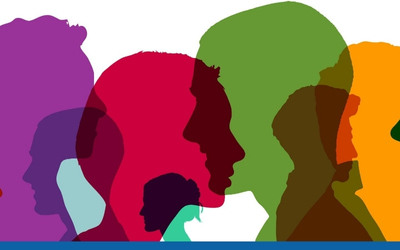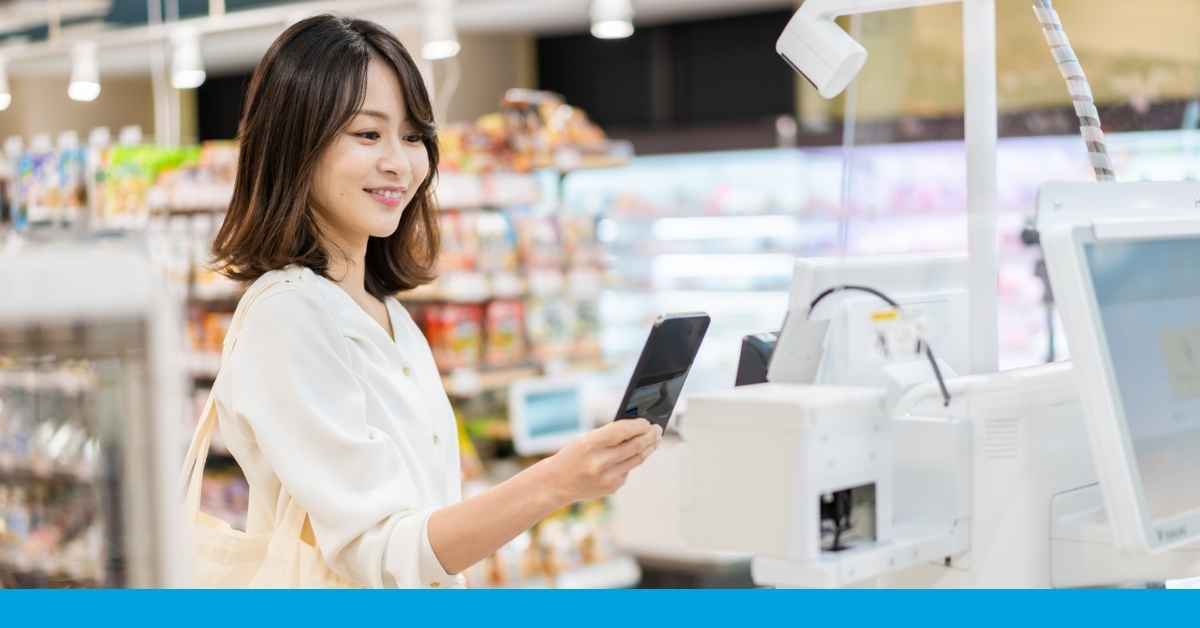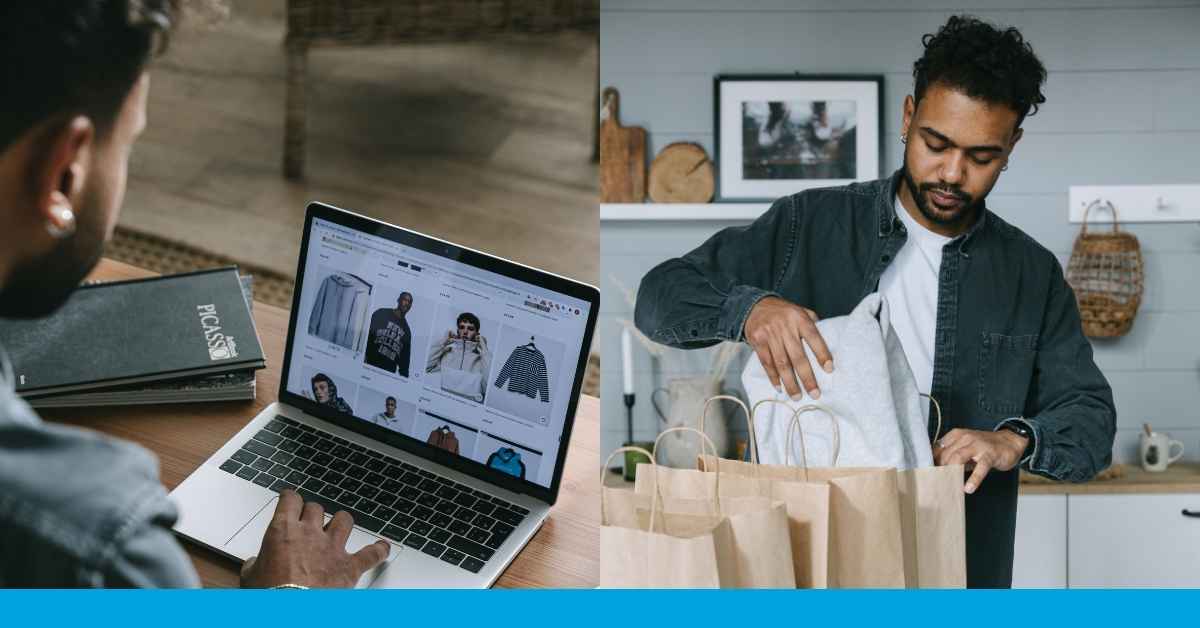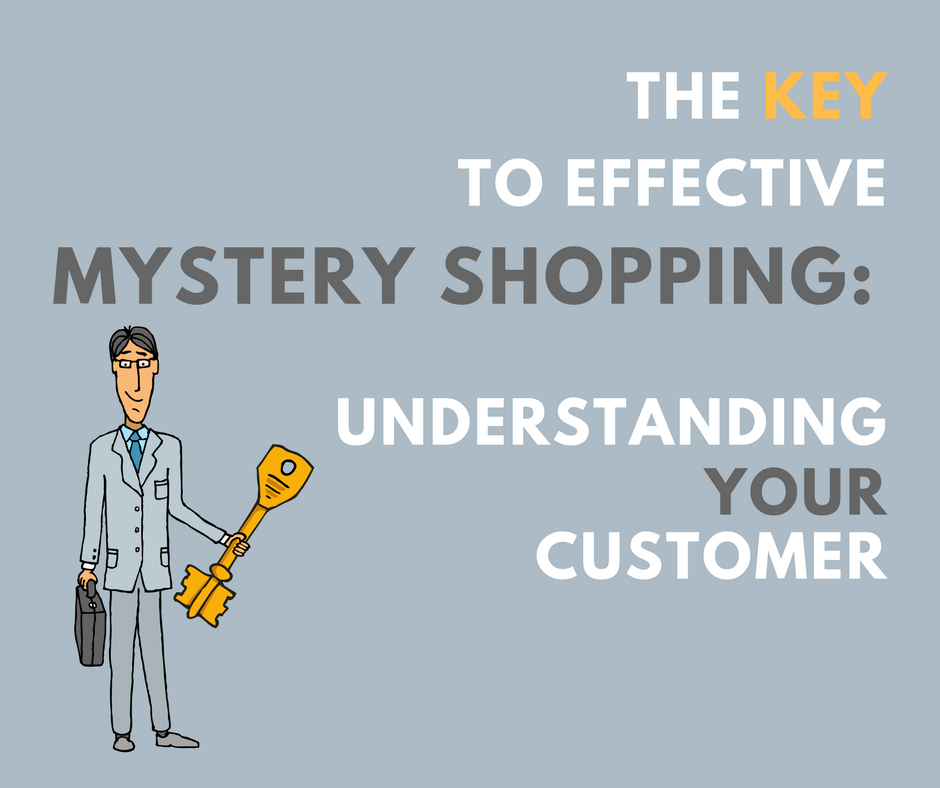Can Mystery Shopping Prove Your C-Store Tech Actually Delivers?
A customer swings by your store on the way to work, grabs a breakfast sandwich, taps the screen to pay, and waits. Nothing happens. Another’s mobile...

With the rise of technology and digital channels, brands need to ensure that customers have great experiences not only at various locations but across multiple channels.
To meet this demand, mystery shopping methods have evolved to provide actionable insights into customers' interactions with a brand, whether online or in person.
Selecting the right mystery shopping type will help decision-makers identify valuable touchpoints across the journey, which is essential for creating positive customer experiences, optimizing operations, and driving business growth.
Let's take a closer look at the various mystery shopping methods and their advantages.
There are essentially 5 types of mystery shopping methods:
Video Mystery Shopping emerges as a powerful market research tool that captures the customer experience as it happens, empowering brands to take action to resolve issues and achieve results quickly.
The recordings provide businesses with visual evidence of customer interactions and the ability to identify patterns and trends.
This approach allows leaders to benchmark performance, identify training needs, ensure regulatory compliance, and enhance the overall customer experience, ultimately leading to informed and data-driven strategic decision-making.
Before implementing this powerful tool, brands must set clear guidelines and protocols to ensure compliance with privacy laws and ethical standards regarding recording individuals for research purposes.
Learn more about Virtual Mystery Shopping do's and don'ts here.
Video Mystery Shopping shares similarities with In-person Mystery Shopping and is used in industries where customers physically visit establishments, such as restaurants, grocery stores, c-stores, retail, hotels, banking, and automotive.
Arguably, the most common type, and likely what you imagine when you think of mystery shopping, is when a secret shopper visits a location armed with predetermined criteria that they use to measure the staff and business performance.
In-person mystery shops are great for businesses with considerable foot traffic and want to ensure a seamless customer experience.
As a result, they are used mainly by the following industries: retail, restaurant, petro-convenience, banking, fitness, hotel, healthcare, and automotive.
An alternative to physically visiting a location is calling into a business. This kind of mystery shopping is heavily used to assess call centers.
Still, it shouldn't be overlooked by any business that can be reached by phone, as it's important that customers have the same level of experience regardless of how they interact with a brand.
Telephone mystery shops can mimic anything from completing a remote purchase to simply calling for additional information. This type of secret shopping is primarily used by the following industries: call centers, hotels, travel, tourism, financial services, and insurance.
With the growth of technology, online mystery shopping has become increasingly important as it assesses the customer experience on websites, mobile apps, online platforms, and other digital channels.
Also known as virtual mystery shopping, it can evaluate factors such as website usability, product information, social media support, and the checkout process.
Quick-serve restaurants can take great advantage of online mystery shopping programs to evaluate mobile app ordering experiences. Shoppers evaluate the ordering process, delivery time, food quality delivered, and overall user experience on mobile apps, providing crucial insights for the restaurant industry.
Online mystery shopping is most commonly used by the following industries: quick-serve restaurants, e-commerce, travel, telecommunications, automotive, real estate, and others.
Multiple touchpoint mystery shopping is an excellent option for companies that want to assess omnichannel interactions and experiences at crucial touchpoints, such as online platforms, physical stores, customer support, and social media channels.
Hybrid mystery shopping helps brands understand customer journeys - from the website to the telephone to a live interaction. It offers a 360° view of the customer experience, allowing businesses to design the end-to-end journey from a customer's perspective.
Hybrid mystery shopping is most commonly used by the following industries: real estate, automotive, hotel, travel, banking, healthcare, and others.
In conclusion, each type of mystery shopping, from video and in-person to telephone, online, and hybrid approaches, offers unique advantages tailored to specific industry needs.
By selecting the proper method, brands can gather valuable insights, identify key touchpoints, and make informed decisions that drive better customer experiences and operational efficiency.
Want to know more about mystery shopping and how it can help you measure the customer experience across multiple channels and touchpoints? Check out our  !
!

A customer swings by your store on the way to work, grabs a breakfast sandwich, taps the screen to pay, and waits. Nothing happens. Another’s mobile...

Thousands of customers visit you online every day. Some can’t find what they need. Others hit errors, confusing apps, or unclear support loops. Many...

Have you ever been in a situation where you ask a question only to receive an answer that isn’t what you were looking for? Maybe you didn’t ask the...